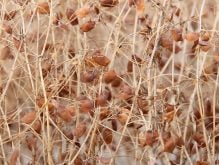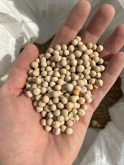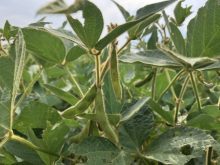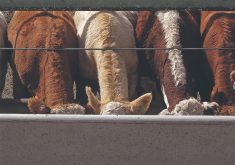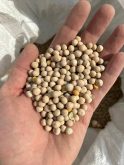Saskatchewan forage and corn growers whose crops are insured against below-normal rainfall can expect a beneficial bump starting this year if those crops get cooked in high heat.
The Saskatchewan and federal governments on Tuesday announced details for their 2022 crop insurance program — under which average coverage is expected to reach $405 per acre, due to higher commodity prices and increased yield coverage.
Given the 48 per cent increase in coverage, the average total premium under the program will be higher, at $12.05 per acre, up $3.46 from the 2021 level, the province said.
Read Also
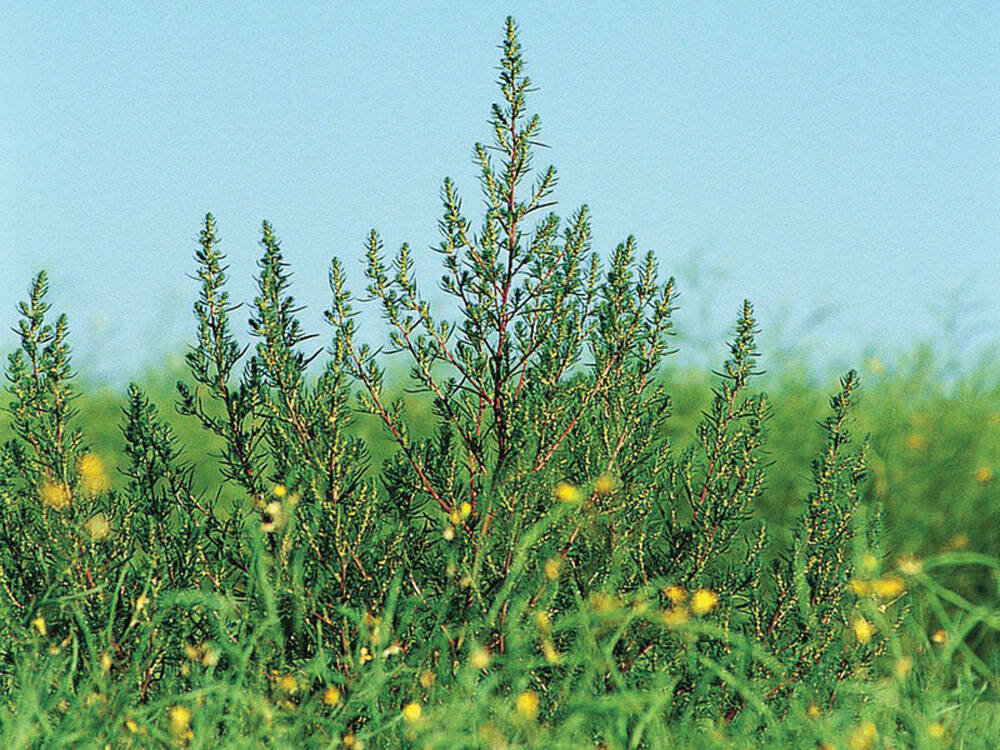
FMC Canada unveils 2026 crop protection roster
FMC Canada’s crop protection lineup for 2026 will include four products marketed for control of kochia.
Changes for 2022 include a new “heat adjustment factor” in Saskatchewan’s forage rainfall insurance and corn rainfall insurance programs. The new factor was added as a response to the “extreme-heat temperatures and dry growing conditions” seen in 2021.
The heat adjustment factor this year would kick in when temperatures during the growing season reach 31 C or higher — thus reducing the recorded precipitation amounts in an insured forage or corn grower’s “monthly per cent of normal” calculation.
Specifically, Saskatchewan Crop Insurance Corp. (SCIC) says, one millimetre of rainfall will be deducted from that amount for each day the temperature is above 31 C.
“We appreciate SCIC responding to producers needs to make coverage levels more reflective of increased forage costs and to adjust for moisture loss due to extreme heat,” Kelcy Elford, president of the Saskatchewan Stock Growers Association, said in the province’s release Tuesday.
Also, SCIC’s Contract Price Option — under which eligible producers can elect to blend their contract prices with the Crop Insurance base price, for higher coverage — will be made available for all commercial crops in 2022.
That means fababeans, fall and spring rye, sunflowers, triticale, winter wheat, extra strong wheat, hard white wheat, khorasan wheat (such as Kamut), chickpeas (all classes), caraway, irrigated dry beans and soybeans — none of which were eligible for the price option in 2021 — can be covered this year.
The Contract Price Option thus “allows producers to establish an insured price reflective of the actual market value they would receive for their production.” Producers using that option will need to select the crops they want covered by March 31, then submit their contracts to SCIC by May 31.
The Contract Price Option in 2022 “could be an attractive option for pulse growers with the new inclusion of chickpeas, soybeans and fababeans,” Saskatchewan Pulse Growers chair Shaun Dyrland said in the province’s release.
Premium rates
Overall, Saskatchewan farmers have until March 31 to apply for, reinstate or cancel crop insurance contracts for 2022, and must select insured crops and coverage levels — or, if need be, make additional changes — by that date.
Growers can contact their local SCIC offices to make such changes, the province said; otherwise their coverage will remain the same as the previous year.
While the average total premium for 2022 will be higher, the province said, the average premium rate will be lower, due to “strong” production levels seen in 2020 — the latest year used in calculating premium rates.
The province’s drought-dented production figures from 2021 won’t be factored into crop insurance premium rates until 2023. –– Glacier FarmMedia Network







